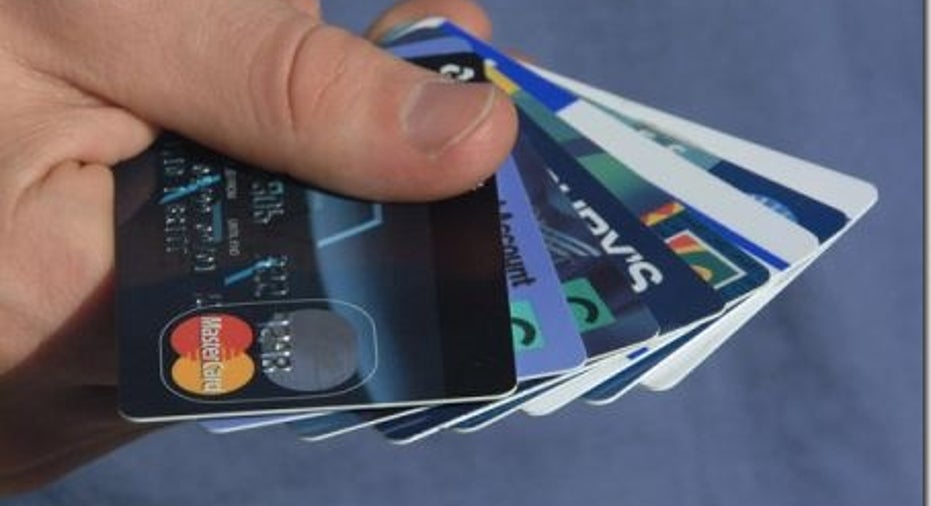Should You Use Credit Cards for Everyday Spending?

With debit card rewards programs all but gone and checking account interest rates at historic lows, many consumers may be turning to their credit cards more often for their everyday spending. Visa recently posted a 16% increase in first-quarter fiscal year profits -- a likely outcome of consumers trying to dodge the debit card fees that appeared last year.
But while using a credit card makes sense if you miss the perks that used to be associated with checking accounts, there are some things to keep in mind before you begin turning to your credit card regularly. Your success with this method will likely depend on your spending and bill-paying habits.
Here are some of the arguments for and against using a credit card for your everyday spending:
The Pros
1. You can reward yourself. Credit card issuers are aggressively offering rewards such as cash back and gift cards these days, so using a credit card as a daily spending tool can pay off with airline miles, cash and other prizes. However, if you're using a credit card to earn the rewards, you need to pay off the balance every month, since cards that offer rewards tend to come with higher interest rates.
2. It can allow your money to earn interest elsewhere. If you really want to maximize the benefits of using a credit card, you can store your paycheck in a high-interest savings account until it's time to pay your credit card bill. While today's interest rates are nothing to get excited about, seeking out the best savings account rates, such as those featured in MoneyRates.com's America's Best Rates features, can help you squeeze every dime possible from your income.
The Cons
1. Retail prices may rise. The main reason checking accounts and debit cards have become less attractive involves the federal rules imposed last year that limited what banks can charge retailers for debit card transactions. But banks and card issuers are still able to charge merchants whatever they choose on credit card transactions. As a result, if consumers start using credit cards more often for regular purchases, retail prices could rise to help merchants offset the fees.
2. Mistakes can be costly. Many credit card users have missed a monthly payment -- or at least missed the payment deadline -- at one time or another. When that happens, all sorts of fees and interest charges can trigger that could easily cancel out any benefits you'd get from using the card. While it's a good idea to contest such charges, there's no guarantee you can have them removed.
3. You have to be organized to benefit. To get the absolute best deals and rewards through your credit cards, you may need to carry several cards with you. For instance, a gas rewards card may give you the best discounts when buying fuel, while other cards may reward you with better benefits for groceries, dining, and other purchases. So if you really want to capture the most perks possible, it will require some research and organization to effectively manage the process.
There's plenty to consider before you ditch your debit card or checkbook in favor of a credit card. But if you miss the rewards that used to come with your checking account not so long ago, that consideration may be worth it.
The original article can be found at Money-Rates.com:Should you use credit cards for everyday spending?



















